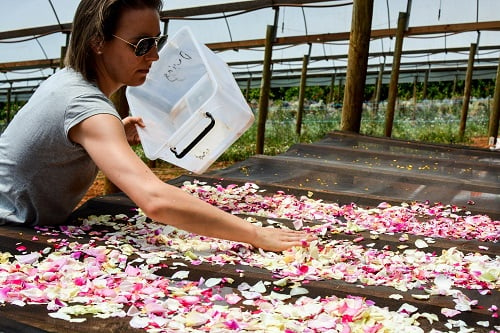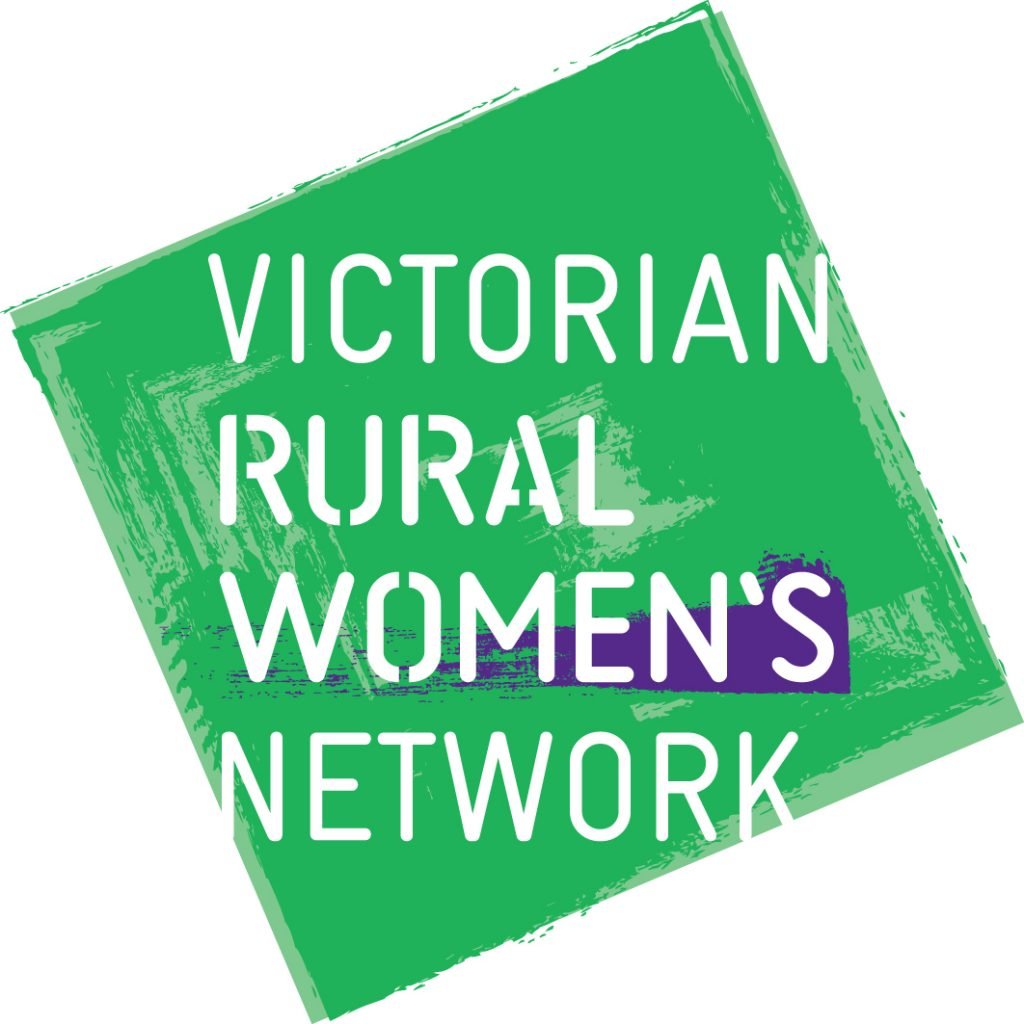For Jocelyn Cross, whose first career was as an interior designer, a business selling edible fresh and dried flowers to the world was a beautiful return to her country roots.
Jocelyn began the venture, aptly named Petite Ingredient, nine years ago alongside her city interior design work, working on a small 10-by-10-metre plot. Since then, she has expanded twice and now operates the business on a large scale. “In March, we planted 40,000 seedlings and I’m planting more,” says Jocelyn.
Before the coronavirus (COVID-19) pandemic, her team of 12 was sending thousands of fresh and dried flowers around the world, selling 60 to 100 different products, flowers and colourways to her main markets in the restaurant, food, catering and events industries.
She says her childhood on a farm at Buxton, north east of Melbourne, helped her understand and appreciate agriculture and 15 years in design gave her an edge in an industry that demands perfection. “I have a very good understanding of colour and design and quality and my customers appreciate that,” she says.
Almost everything has been learned by trial and error. “When I first started the business, I’d get online and see something and say ‘Oh, that’s edible; I’ll give that a burl.’ I’d try things and see if people liked them and, before you know it, it’s your biggest seller.”
Petite Ingredient was a finalist in The Weekly Times’ Farm magazine’s 2019 Innovative Farmer of the Year Award, selling everything from violas, roses and cornflowers to seasonal delights such as broad bean flowers, fennel pollen and mustard flowers.
Jocelyn says her business has been a success because she was first to market and develop a product “people didn’t even really know they wanted”. But there have been enormous challenges along the way for the 39-year-old single mum.
When her son was only 15 months old, she discovered she had breast cancer at the same time her father was dying from brain cancer. “My team was amazing. I was still going to the business while I had chemotherapy but they knew what they had to do.”
Today, the business is dealing with the impact of coronavirus but Jocelyn remains optimistic. “My business is very nimble. It moves with the ebbs and flows of the season and it knows how to deal with contractions and expansion,” says Jocelyn, who finds her work therapeutic.
“We have about 1000 roses. Last winter I spent a few weeks listening to podcasts while I was pruning those roses. It was a great joy,” she says.
Pictured above: Having a strong community around her has helped Jocelyn Cross’ flower business flourish through the best and worst of times


